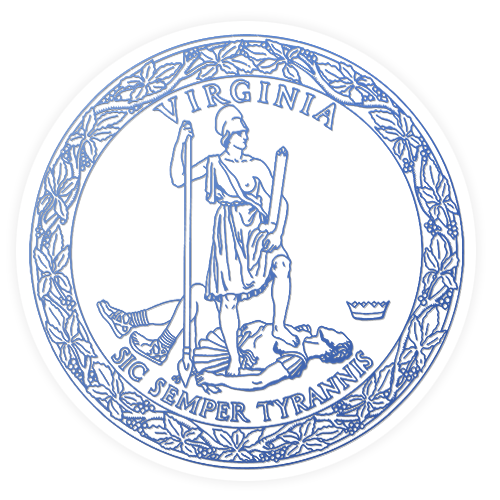
RICHMOND—Governor Ralph Northam today announced that the Department of Criminal Justice Services (DCJS) has been awarded more than $3.5 million in competitive federal funding to help vulnerable youth in Virginia. DCJS has received two awards from the United States Department of Justice through the Office of Justice Programs—$1.83 million under the Bureau of Justice Assistance’s Student, Teachers, and Officers Preventing (STOP) School Violence Program and $1.68 million under the Office of Victims of Crime’s Services for Minor Victims of Sex Trafficking program.
“We know that when children are exposed to traumatic events, it impacts their ability to learn and succeed in school,” said Governor Northam. “This public health crisis has presented a myriad of new challenges for our schools, and we have a responsibility to ensure all students have safe environments where they can thrive, whether they are learning remotely from home or in the classroom. These grants will play an important role in strengthening assistance programs and expanding trauma-informed resources for our most vulnerable young Virginians.”
The STOP School Violence grant will fund a 36-month Virginia C.A.R.E.S. project to build Caring, Awareness, Recognition, Engagement, and Support in schools. The initiative works to increase mental health awareness and enhance the safety and well-being of educational settings by helping to create positive school climates, awareness of resources, recognition of at-risk behaviors, and engagement with the community. The project will consist of a public service announcement campaign on suicide prevention that is estimated to garner over five million social media impression and the implementation of the Handle with Care and Pathways for Prevention of School Violence programs.
A component of the STOP School Violence Program grant, the Handle with Care program aims to make sure children who are exposed to crime, violence, or abuse receive the appropriate interventions that will enable them to succeed in school. Virginia will set up a system for law enforcement to alert dedicated school personnel when a child has been identified at the scene of a traumatic incident so the school can provide the additional support that is needed to help mitigate the impacts of trauma on the child.
“Ensuring the physical and mental well-being of Virginia’s youth requires multi-agency coordination,” said Secretary of Public Safety and Homeland Security Brian J. Moran. “These grants bridge gaps between systems and increase collaboration amongst stakeholders to help support children every step of the way.”
The Services for Minor Victims of Sex Trafficking project will develop, expand, and strengthen services for minor victims of sex trafficking, including comprehensive wraparound case management services, trauma-informed mental health services, substance abuse counseling, legal services, residential treatment options, and a non-traditional host home program.
“A key component of enhancing services for our youth is training adults to better identify who those children in need are and how they can help them,” said DCJS Director Shannon Dion. “Both grant programs will be providing training on how we can do this in a trauma-informed way.”
The STOP School Violence Program project will include the development of on-line training modules to help school divisions comply with the Virginia legislation that went into effect July 1, 2020 requiring relevant school personnel to complete mental health awareness training. Similarly, the Services for Minor Victims of Sex Trafficking grant will include specialized training for those who are in a position to identify and serve minor victims of trafficking, in support of newly codified trafficking response efforts that became effective on July 1, 2019.
# # #